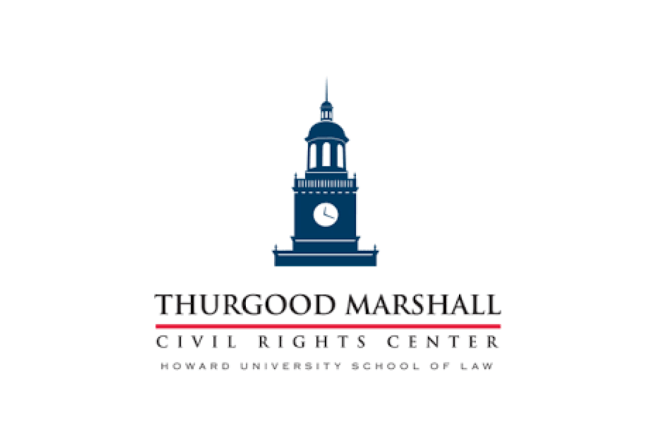By Brittany Bailer
On July 10, almost a decade after Michael Brown’s murder at the hands of Ferguson police, the Brown family will appear before the Inter-American Commission of Human Rights (IACHR) for a first-of-its-kind hearing on Brown’s case. Featuring testimony from Brown’s mother, Lezley McSpadden, as well as attorneys and activists from Robert F. Kennedy Human Rights and Howard University’s Thurgood Marshall Civil Rights Center, the hearing will provide one last opportunity for public accountability in Brown’s killing.
The hearing, which will be conducted virtually and is open to the public, represents the first time in history that the Inter-American Commission will hear an individual case about police violence in the United States.
“Michael’s case is emblematic of widespread police violence against Black people in the U.S.,” said Delia Addo-Yobo, staff attorney at RFK Human Rights. “More people were killed by police last year than any other year on record. By taking on Michael’s case, the IACHR is facilitating new pathways to justice for those impacted by discriminatory and pervasive police violence.”
“Living near Ferguson when the 21st century’s global movement against police brutality was launched has defined my career as a movement lawyer and working with Mike Brown’s mother over the years has been an honor,” said Justin Hansford, director of the Thurgood Marshall Civil Rights Center. “From going with her and Ferguson protesters to the UN ten years ago to again preparing to argue in an international human rights court that what happened to Mike Brown was not just a violation of his constitutional and civil rights, but also his human rights. The family deserves healing, repair, and meaningful change. Reopening this case and prosecuting Darren Wilson would be a beginning. I pray that this hearing will bring us one step closer to understanding the truth and achieving justice.”
The hearing marks a crucial milestone in a years-long legal journey that began in 2015 when Robert F. Kennedy Human Rights and the Thurgood Marshall Civil Rights Center first petitioned the IACHR to review Michael’s case. In 2022, the IACHR determined that the petition raised colorable claims that the United States’ failure to hold the officers accountable violated rights guaranteed under the American Declaration of the Rights and Duties of Man.
“The last decade has proven that our domestic legal structures are insufficient and outdated compared to international human rights standards,” said Wade McMullen, SVP of Programs and Legal Strategy at RFK Human Rights. “After exhausting every U.S. mechanism for justice, the Brown family is now looking to the IACHR for accountability in the death of their loved one.”
Following the July 10 hearing, the IACHR will publish a report outlining their findings on the case and issuing recommendations to the United States government. Representing Ms. McSpadden, RFK Human Rights and Howard University have requested that the IACHR recommend an independent investigation into Brown’s death; a public apology to Brown’s family; and the implementation of key U.S. legislation such as the BREATHE Act and the recently reintroduced Helping Families Heal Act, which would expand mental health services for communities harmed by police violence.

